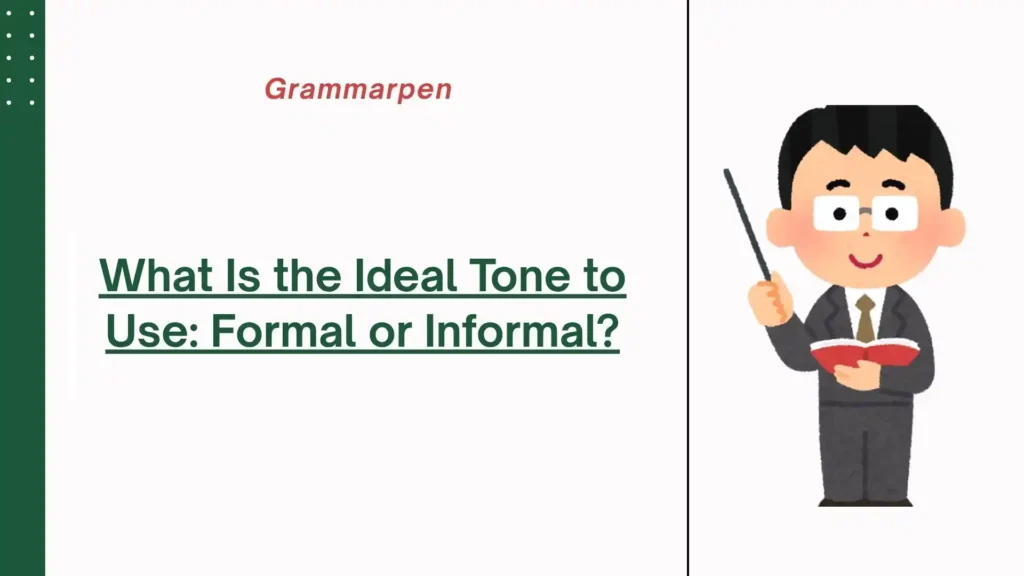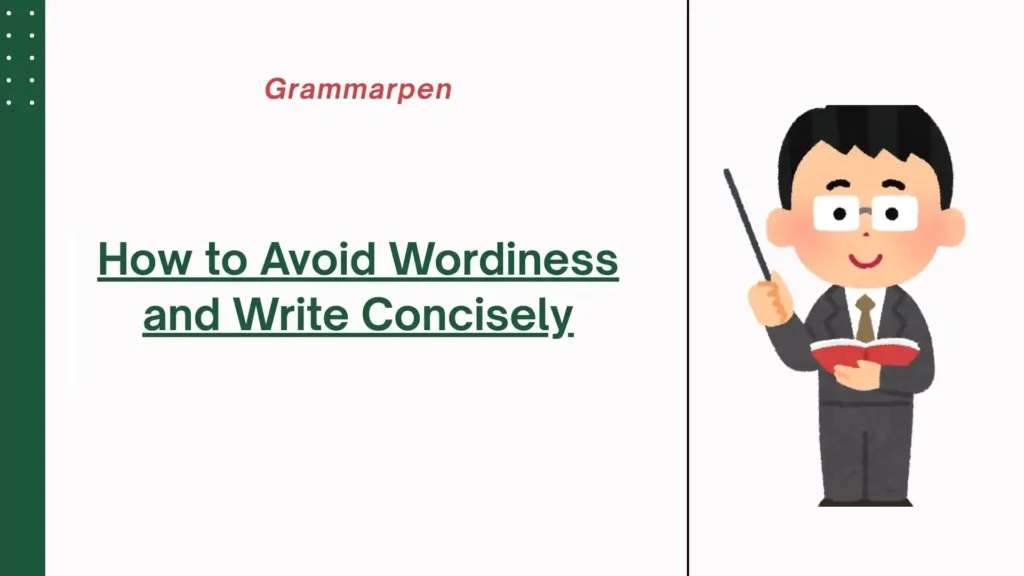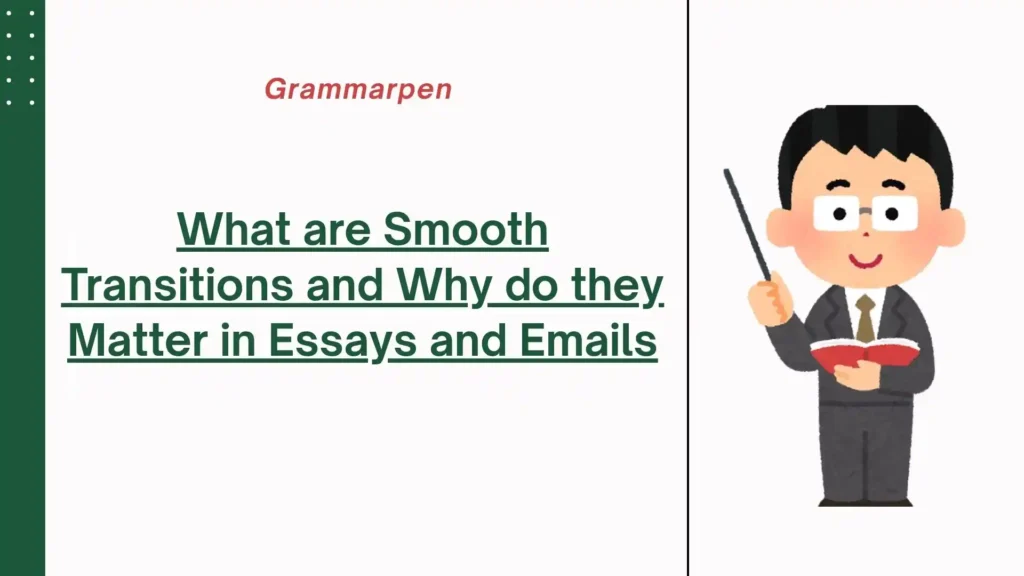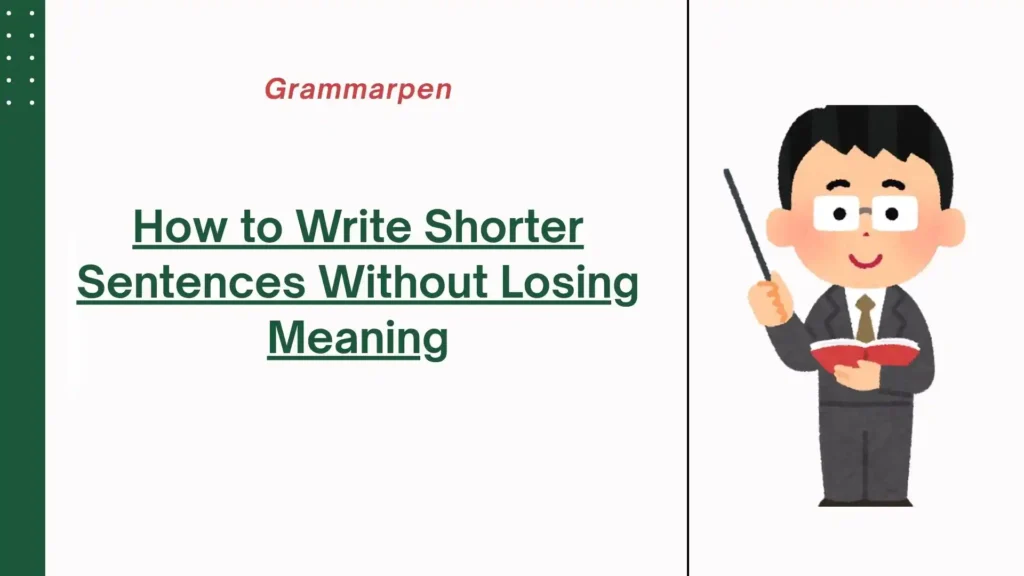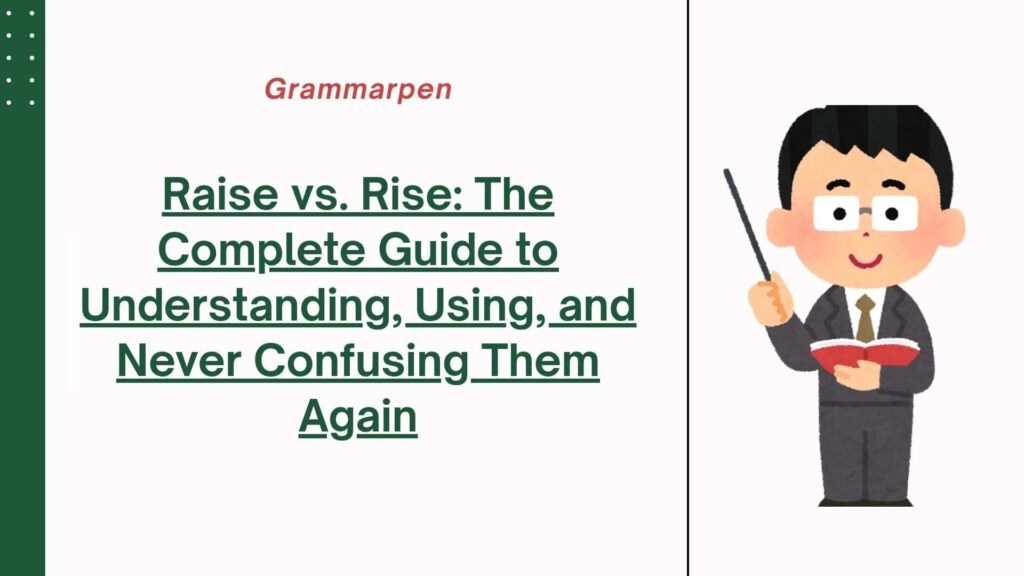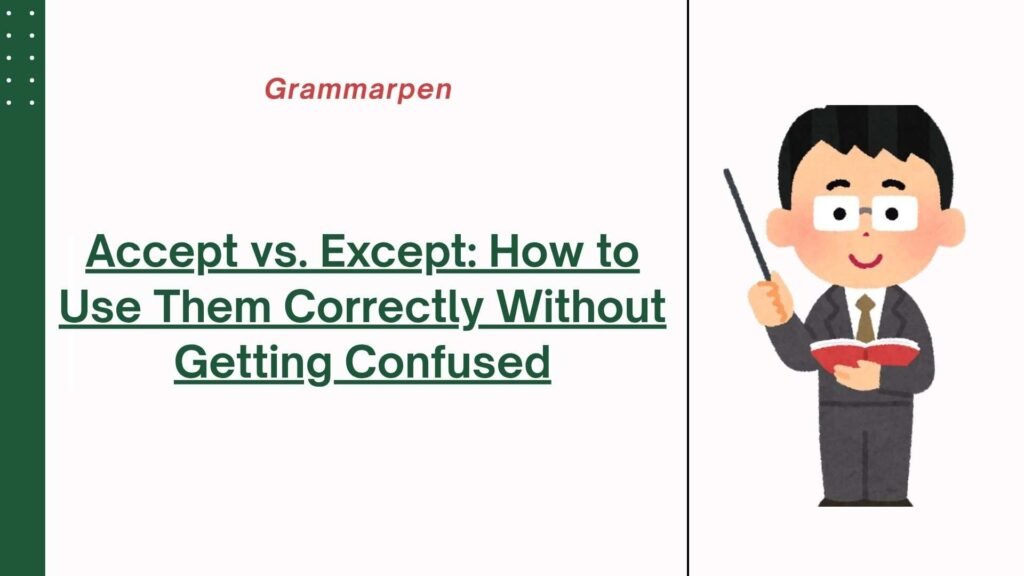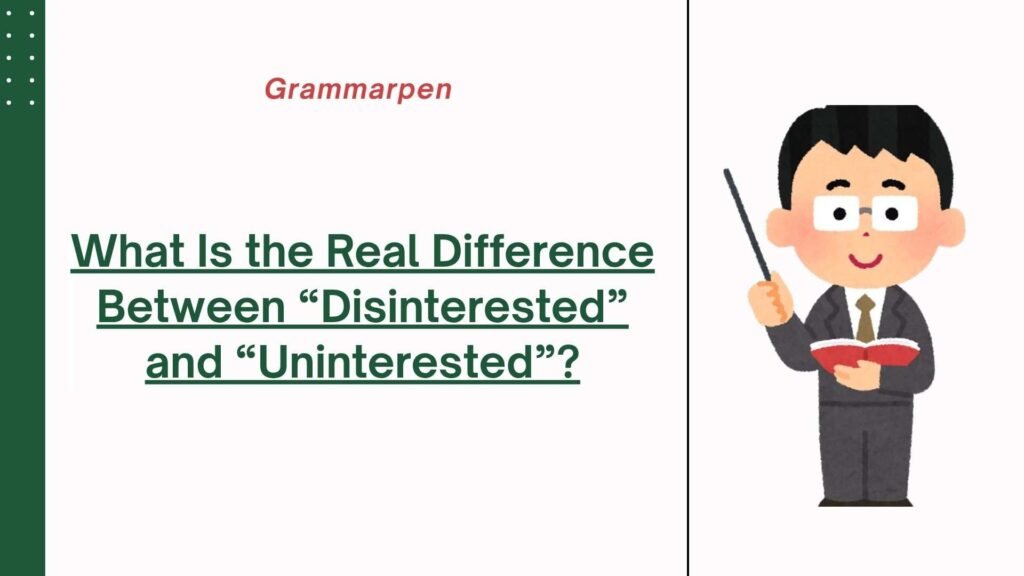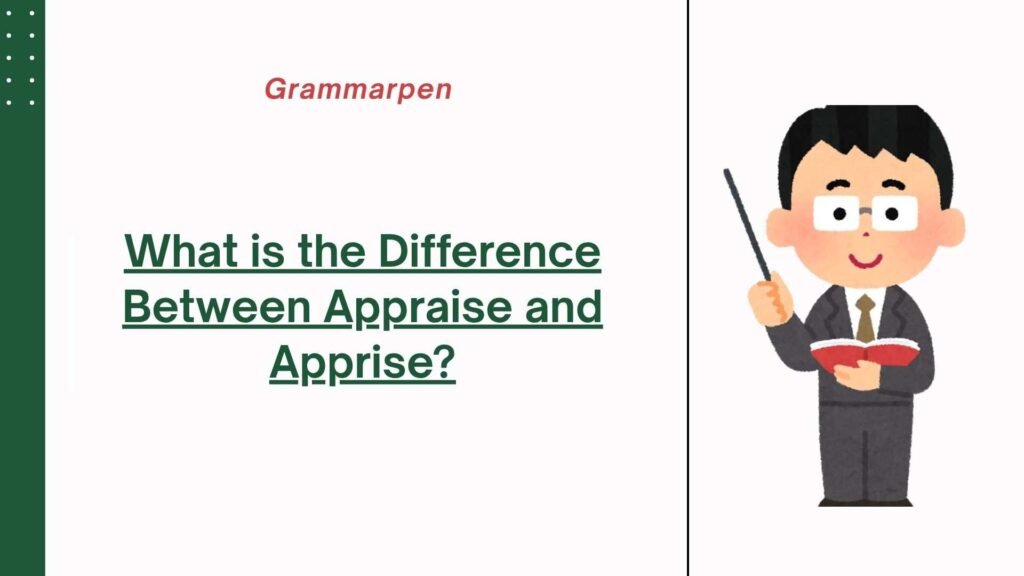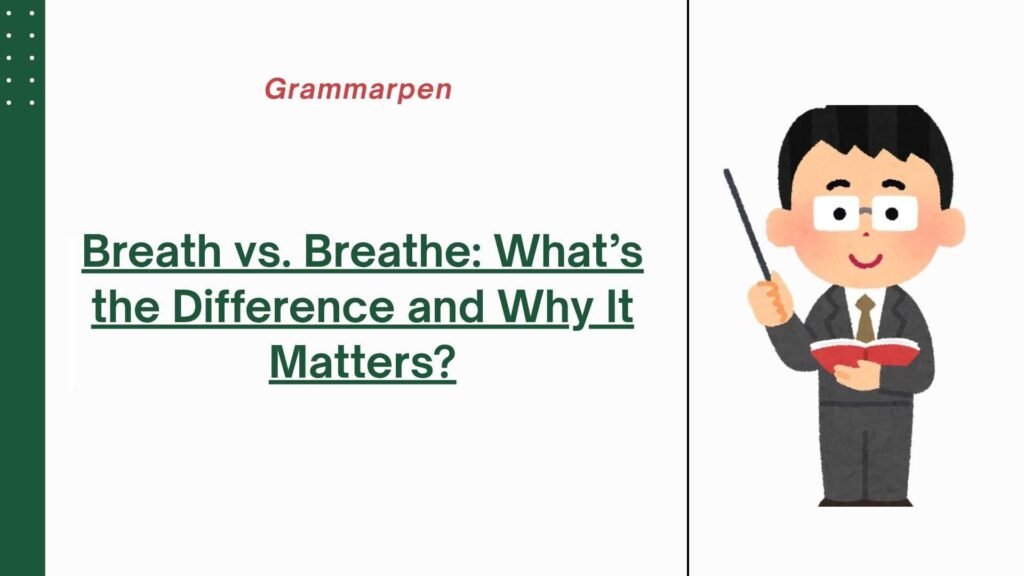What Is the Ideal Tone to Use: Formal or Informal?
Choosing the appropriate tone means deciding between a formal approach and a relaxed, informal one so that your audience feels comfortable and understands clearly. A formal tone works best when you want to convey respect, authority, or professionalism. An informal tone works best when you want to connect personally, feel friendly, or appeal to everyday…
Read more

